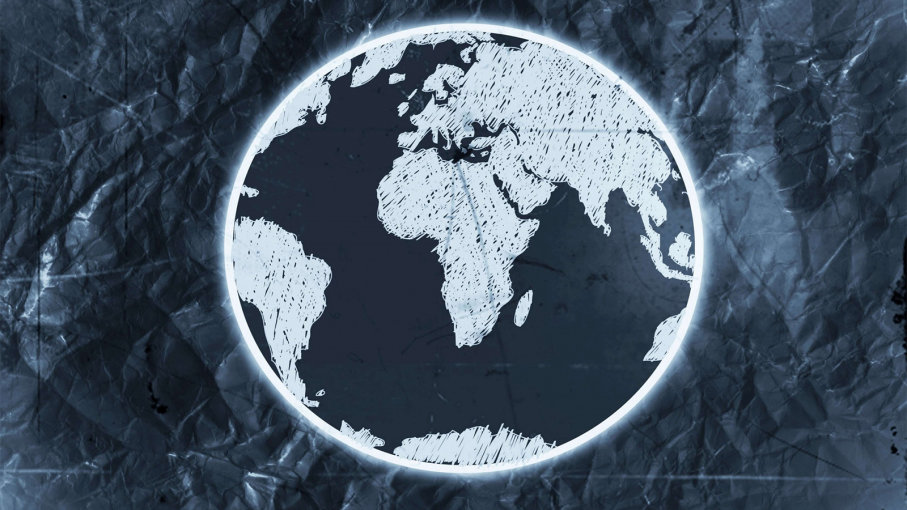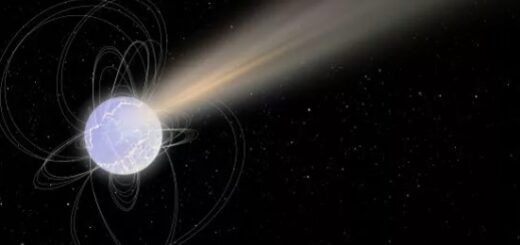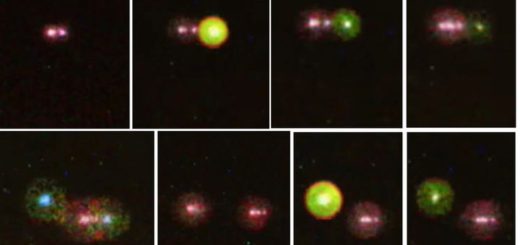How Old Is Earth and How Did Scientists Figure It Out?

If you look up the age of Earth on science websites and in publications, you’ll generally find an estimate of 4.54 billion years, plus or minus 50 million years. What you may be surprised to discover is the accepted estimate dates back to the 1950s and has remained pretty much the same since then, even though scientific knowledge has progressed so dramatically since then in other areas. So what’s up with that?
Efforts to figure out the age of Earth go back many centuries. The classical Greek philosopher Aristotle, who thought time had no beginning or end, also believed that Earth was infinitely old, while religious scholars in ancient India, who envisioned a universe that perpetually exploded, expanded and collapsed only to begin anew, calculated that Earth had existed for 1.97 billion years. During the medieval era, various Christian theologians scrutinized the Bible for clues, and came up with estimates of between 5,471 and 7,519 years, according to G. Brent Dalrymple’s book “The Age of the Earth.” From the 1700s and 1800s, an assortment of scientists came up with various figures based on clues ranging from Earth’s rate of cooling and the accumulation of sediment, to the chemical evolution of the oceans.
Just before the beginning of the 20th century, scientists figured out that they could calculate the age of a rock by measuring radioactive decay, a method called radiometric dating. In the early 1950s, a California Institute of Technology geochemist named Clair C. Patterson, who had worked on the Manhattan Project to develop the atomic bomb during World War II, measured the isotopic composition of lead from the Canyon Diablo meteorite and several other pieces of space rock, which were believed to data back to the disc of material from which Earth also formed. In 1953, Patterson came up with an estimate of 4.5 billion years. Since then, research on meteorites and lunar rocks has refined that number only slightly.
Although Patterson’s breakthrough made him famous in the world of science, he didn’t see it as a big deal. At the time, “No one cared about it,” he recalled in an oral history interview conducted shortly before his death in 1995. “Even today, people don’t care how old the earth is. In fact, less today than 40 years ago, when I measured it.”



 Creators of mankind
Creators of mankind Description of “Tall white aliens”
Description of “Tall white aliens” Where they came from?
Where they came from? About hostile civilizations
About hostile civilizations The war for the Earth
The war for the Earth “Tall white aliens” about eternal life
“Tall white aliens” about eternal life Video: “Nordic aliens”
Video: “Nordic aliens” Aliens
Aliens Alien encounters
Alien encounters The aliens base
The aliens base UFO
UFO Technology UFO
Technology UFO Underground civilization
Underground civilization Ancient alien artifacts
Ancient alien artifacts Military and UFO
Military and UFO Mysteries and hypotheses
Mysteries and hypotheses Scientific facts
Scientific facts


















